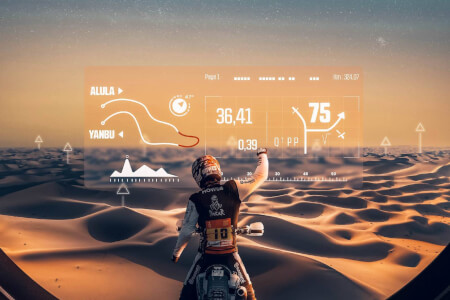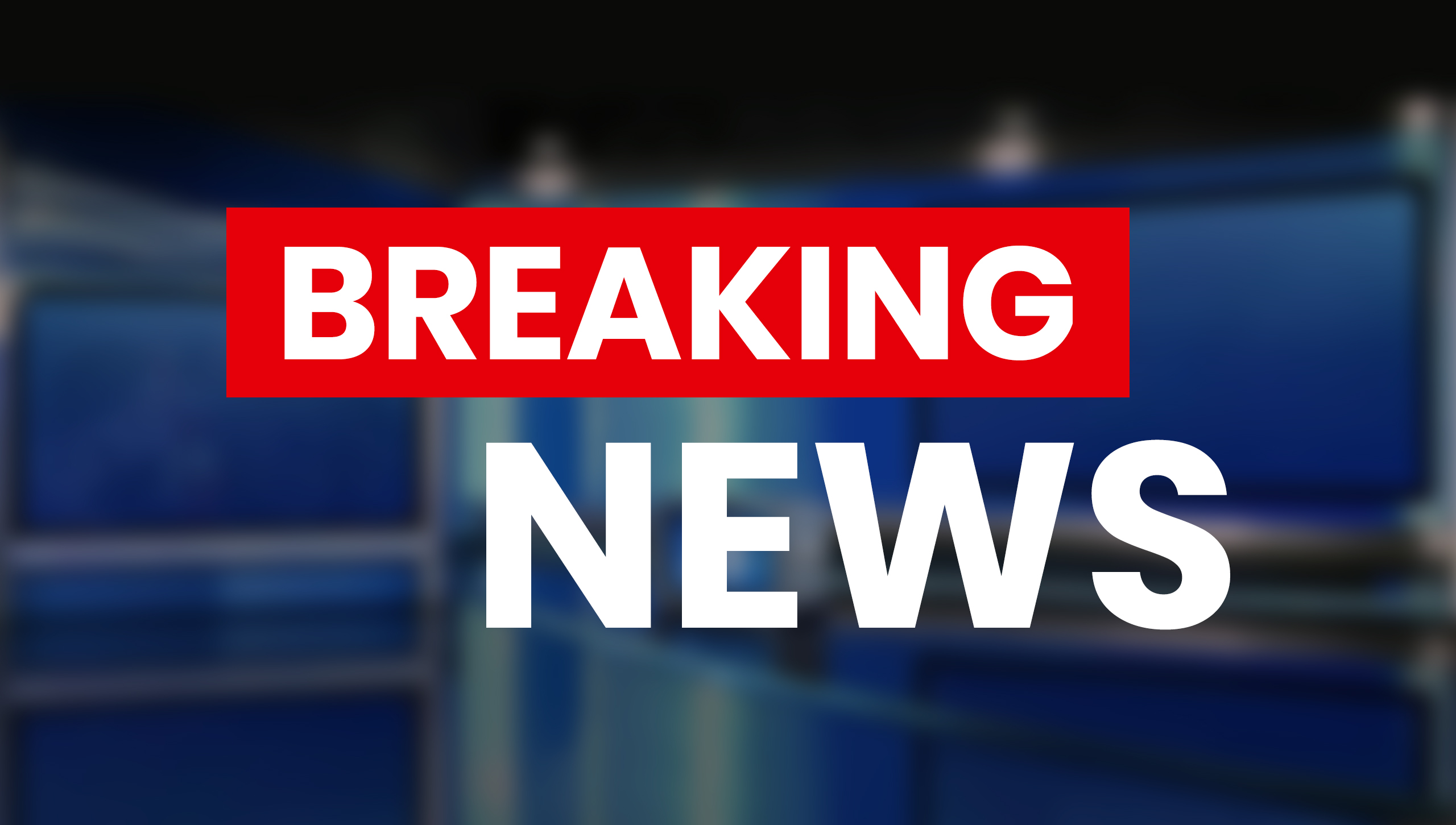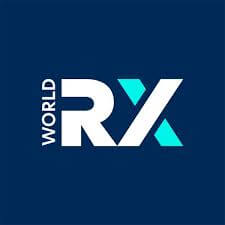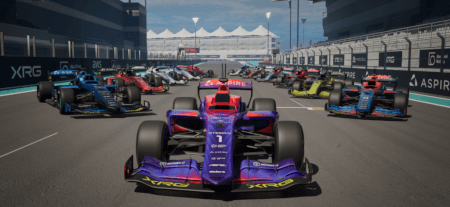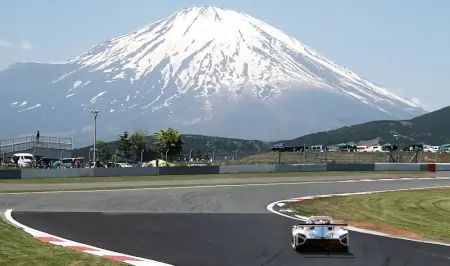June 5th 2023
Dakar 2024 - a new step towards the future
The Dakar Rally organisers have invited French and Spanish competitors to Château-Lastours to mark the opening of registrations and announce the broad outlines of the 46th edition, which will include new competition and technological aspects.
The rally's fifth edition in Saudi Arabia will be held from 5 to 19 January 2024, starting in the thousand-year-old city of AlUla, crossing the country in the direction of the Empty Quarter and finishing in Yanbu on the shores of the Red Sea.
"The challenge will be just as daunting as last January", warns race director David Castera, who promises the competitors massive stretches of dunes where navigation difficulties will accompany the technical challenges of crossing them.
A new stage format has also been created: on the "48H CHRONO STAGE", there will be a time limit for stopping (4 pm) before setting off again the next day (7 am) to complete the route.
As part of the Dakar Future programme, the Mission 1000 operation offers constructors an opportunity to test vehicles with innovative technologies on Dakar terrain: over a hundred kilometres per day, with their performance evaluated in a giant laboratory.
ALULA CAMP: RENDEZ-VOUS WITH HISTORY
The Dakar competitors discovered the wonders of AlUla in the first edition of the rally in Saudi Arabia in 2020. However, this time around, they will have the opportunity to immerse themselves even further in the atmosphere of the thousand-year-old archaeological sites: the principle of the start camp, which was a tremendous success among the competitors in its coastal version, has now been extended to the desert, with the bivouac located in the vicinity of the majestic temples built by the Nabataeans. Drawing inspiration from buildings that have stood the test of time, this is the perfect way to get into adventure and discovery mode before tackling the thousands of kilometres of the route.
1 PROLOGUE, 12 STAGES, 14 DAYS OF RACING
Following a demanding edition that revealed the competitors' capacity for resistance, the tone of the Dakar 2024 will be just as respectful of their expectations in terms of a challenge. The route, which will cover an equivalent distance of 5, 000 kilometres, of special stages continues the exploration of Saudi territory, with 60% of all-new sections. A total of nine bivouacs will be set up on a large swathe running west-east, crisscrossing the route in both directions to a final finish in Yanbu, on the shores of the Red Sea.
48H CHRONO STAGE: ENGINES CUT AT THE CANNON BLAST
This is a new stage format, contested over two days with the constraints of a marathon stage, although competitors are permitted to help each other during the evening. But this time, there will be no choice of canteen or repair companions, as the drivers and crews will be spread out over eight different bivouacs. When the clocks strike 4 pm, all vehicles will be required to stop at the next bivouac they come across. With no connection and therefore no visibility of their rivals' performances, the competitors will camp and set off again at 7 am the following day to complete the remaining section of the route. The tally will be counted after around 600 kilometres of special stage.
EMPTY QUARTER: TWO SPECIAL DAYS
The immense desert of the Empty Quarter will be the venue for the all-new “48H CHRONO STAGE”, with a special format that surpasses the time limit imposed on the first sequence. The terrain lends itself particularly well to two separate courses, one for motorbikes and quads and the other for cars and trucks. Therefore, the top FIA teams will not benefit from the tracks left by the two-wheelers and will have to navigate based on their talent. The system of 'bonuses' awarded to motorbike stage openers introduced in the previous edition will be, exceptionally, employed.
DAKAR CLASSIC, ACT 4
The reference to the era of the pioneers, anchored in the Dakar history led to the creation of the Dakar Classic for the 2021 edition.. Vehicles from the 1980s and 1990s were able to return to the Dakar tracks in a regularity challenge that drew 23 cars and trucks for the inauguration of the concept. From now on, the format will be limited to around 100 crews, all delighted to share their passion for historic vehicles and their restoration. Replicas of René Metge's and Jacky Ickx's Porsche 911s, Ari Vatanen's 205 Peugeot and Jan De Rooy's double-cab DAF truck all enjoy a new lease on life on the Dakar Classic.
HRH Prince Khalid Bin Sultan Al Abdullah Al Faisal, Chairman of the Saudi Motorsports Company and the SAMF :
“I am delighted that Dakar Saudi Arabia returns for its fifth consecutive year. This prestigious rally has become a highly coveted annual tradition that showcases the Kingdom of Saudi Arabia’s valued position and remarkable stature in the world of motorsports. “Dakar Saudi Arabia is the jewel that adorns our distinguished and diverse sports calendar, solidifying our nation’s standing at the forefront of global motorsport events. The event embodies our ambitious plans to achieve further developments and accomplishments in the sports sector, keeping pace with the Kingdom’s overall progress and leadership across various sectors, such as tourism. A major global event, such as Dakar Saudi Arabia, continues to reflect the Kingdom’s strong commitment to developing the sports scene, making it a leading model in the region and beyond; a destination for sports stars, and a home for motorsports worldwide.” HRH Prince Khalid added: “Today, as we unveil the details of the fifth edition of Dakar Saudi Arabia, we look forward to writing a new chapter in the journey of the Dakar Rally in the Kingdom. We hope to affirm the Kingdom’s deserving position as an ideal home for the most prestigious rally on Earth. “We look forward to welcoming guests from all around the world to enjoy this exceptional competitive atmosphere on the Kingdom’s soil. Through this, we will once again showcase to the world the unique beauty and diverse landscapes that embody the splendour of the Kingdom of Saudi Arabia.”
DAKAR FUTURE MISSION 1000: THE ENERGIES OF TOMORROW
While the TU category continues to progress and biofuels gain ground, the most innovative technologies in the field of decarbonisation are being called upon to show their worth in a parallel challenge. Each day, the vehicles taking part will set off on a route of around 100 kilometres that will not be the same as the official route but will pose similar difficulties.
In an experimental mode, only the energy sources that consume the least fuel are included in Mission 1000: hydrogen, 100% electric or hybrid engines with a minimal amount of biofuel on board.
No winners, no losers. Although Mission 1000 participants will eventually be entered into a real competition. Initially, they will be invited to participate in a full-scale test, allowing carmakers to gather as much information as possible. However, their performance in terms of technical reliability, energy consumption and carbon footprint will be assessed by a panel of experts.
